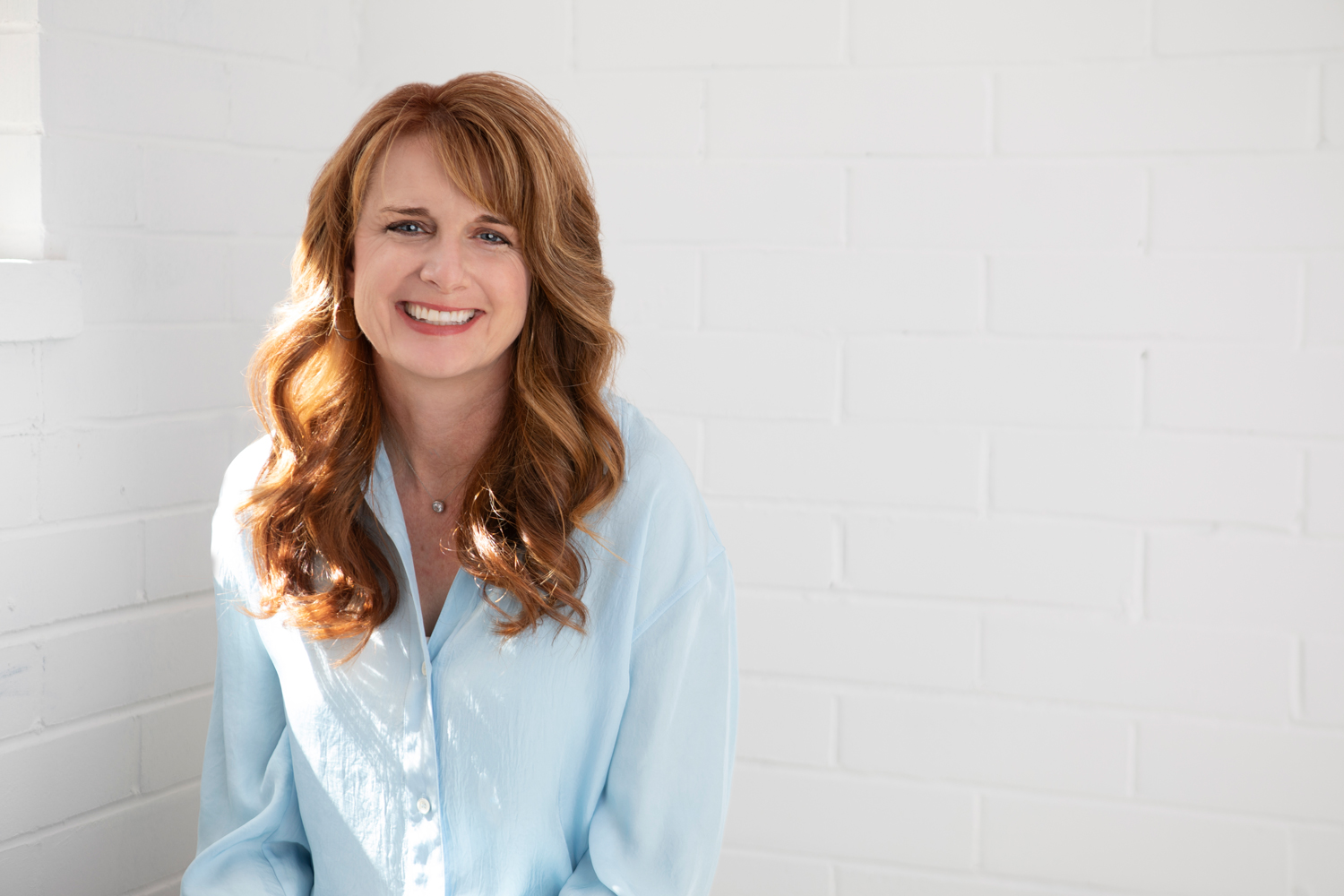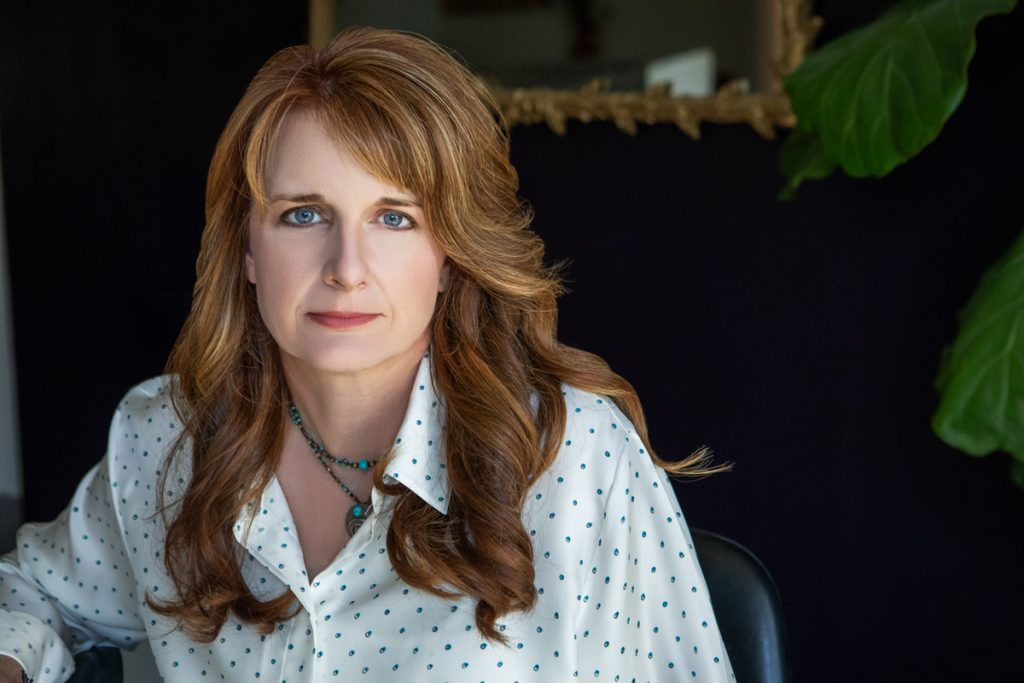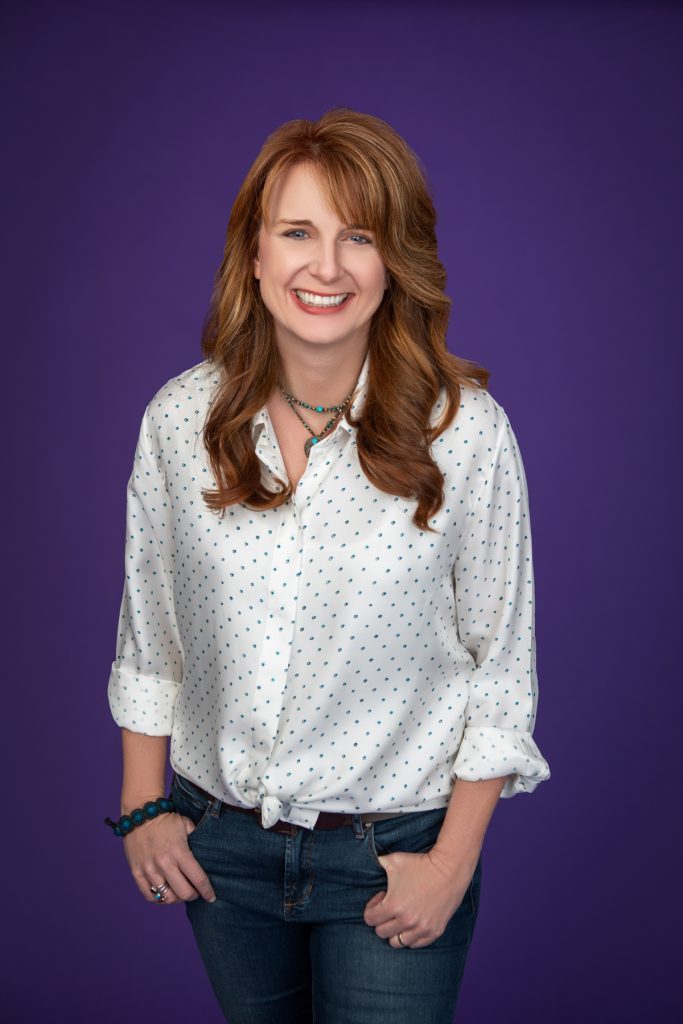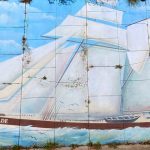
Lynn Oldshue is an award-winning storyteller who believes in the power of stories to gesture to our shared humanity. By allowing others to share their stories, Lynn has also given a voice to the marginalized communities of Alabama through her tireless efforts to raise awareness of sex trafficking, domestic violence, and poverty. The seeds of her beloved and prized series, “Our Southern Souls,” found roots in her months-long bus rides on the WAVE where she began collecting stories of the people who frequented the WAVE. Her great humanity, her work as an investigative journalist, and her passion for writing since early childhood served this cause well. The stories she shares have become living testimonies to the extraordinariness of the seemingly ordinary people who walk among us. Lynn was awarded the 2020 Arty Award for Art Patron and the 2020 Nappie Award for Best Baldwinian Right Now because of her commitment to shaping the narrative of our communities through storytelling. Lynn resides in Fairhope, Alabama with her husband John and her sons, Hamp and Jake.
Tell us about your business(es)/employer. List services offered and/or work you do and how you describe what you do to others:
I tell people’s stories to share the humanity in each of us. With “Our Southern Souls,” I usually walk up to a stranger and talk about life or what is happening at that moment. I write investigative series stories for Lagniappe that typically take six months of interviewing and reporting. I also create features and news stories for Alabama Public Radio.
Share any relevant education, accolades, experiences related to your success:
My work with the Lagniappe series about domestic violence, “From Hell to Hope,” won first place in feature writing in 2019 from the Alabama Press Association, and my Lagniappe series about sex trafficking, “Sexual Slavery in South Alabama” won the 2020 William H. Johnson Print Journalism Award given by the Medical Association for the State of Alabama. The series also won second place in feature writing for the 2020 Green Eyeshade Awards that recognize excellence in journalism in the Southeast.
Tell us why you chose your profession, the value it brings to you and/or the community:
I come from a newspaper family. I knew since I was a little girl that I wanted to be a writer or journalist, but it took a long time to get here. Stories break down invisible walls of fear and help us understand each other. They also shape the identity of a community and reveal how we are connected. I try to take complicated issues and show how they affect real people and what our community is going through.

Are you involved with the community, any non profits, etc. and why is that important?
I support mural projects through the Mobile Arts Council. These are another way of telling our stories and shaping the narrative of Mobile. Our local artists show who we are in ways that my words can’t.
The issues that I cover, including sex trafficking, domestic violence, and poverty, often start with the vulnerability of our children. “Our Southern Souls” started the 2020 Pledge Project with The United Way of Southwest Alabama to get 2,020 kids off agency waiting lists and into mentorship, food, and education programs that can make a difference in their lives. We reached our fundraising goal, and the agencies are adding kids right now. Later this year, I am publishing a book of stories from five years of “Our Southern Souls,” and the proceeds will go to the Pledge Project.
What is your vision or hope for women in the Mobile and Gulf Coast communities?
J.C. Barker, the former General Manager of the Mobile Symphony, said women are the strength of Mobile; their service is inborn, and there is an incredible grace in how they do it. I think he is right. Women see the gaps in Mobile and find ways to fill them. They see problems and fix them. I am grateful to Focus for not just raising awareness of the contributions and leadership of women but for offering programs that educate and make us better.
Are there any specific policies and/or laws you would like to see changed to advance women?
The more I talk with women, the more I realize that the sexual abuse numbers are correct. It really does happen to one in four girls under the age of 18, and the perpetrator is usually a man they know. It also happens to boys. Sexual abuse causes deep damage. It leads to other issues such as running away, sex trafficking, drug and alcohol abuse. Protecting children from sexual abuse not only saves them from a dark tragedy and crime, but it also gives them a chance to grow into healthier adults.
“Stories break down invisible walls of fear and help us understand each other. They also shape the identity of a community and reveal how we are connected. I try to take complicated issues and show how they affect real people and what our community is going through.”
Was there a moment for you that was a game changer and can you tell us about it?
I rode the WAVE bus for months for a story about the bus riders in Mobile. The first day I was scared of talking to strangers and being rejected. But the riders made room on their seats and told me their stories of taking the bus to get to chemo, dialysis, work, or school. There is a community on the buses that cares for one another, but they feel invisible to the rest of Mobile. They were grateful that someone listened and gave them a voice. Helping people share their voice became my passion, and I started “Our Southern Souls” right after that.

Do you have a mentor? Who are they and how have they helped you?
Tut Riddick, one of the best artists in Alabama, is my mentor. She is 90 years old and still driven by curiosity, learning, and love of people. She was active in the Civil Rights movement and painted the beauty of Black faces. She encourages and develops artists and writers of the next generations, taking more pleasure in the work of those she mentors than her own accomplishments.
You seem to really love what you do, tell us why:
I love people and want to know the whys and hows of their lives and what shapes them. I also experience the healing power of stories. My most fulfilling moments are talks with strangers I may never see again. I believe that journalism still matters and can make communities better. Once people know and care about a problem, they want to help.
What/who inspires you?
People who make mistakes or bad choices. Those who fail or have something difficult happen to them. That is all of us. The inspiration comes from what happens next. The ones who get back up, learn and grow, then help others are my favorite stories to tell. Our flaws and failures are where we connect with the truth in each other.
How do you take care of yourself everyday so that you stay balanced and centered?
I work out every day and find peace in hiking, photography, and riding my horse. I have a couple of friends who keep me straight. I also believe in the magic and serendipity of life and the good in people.


